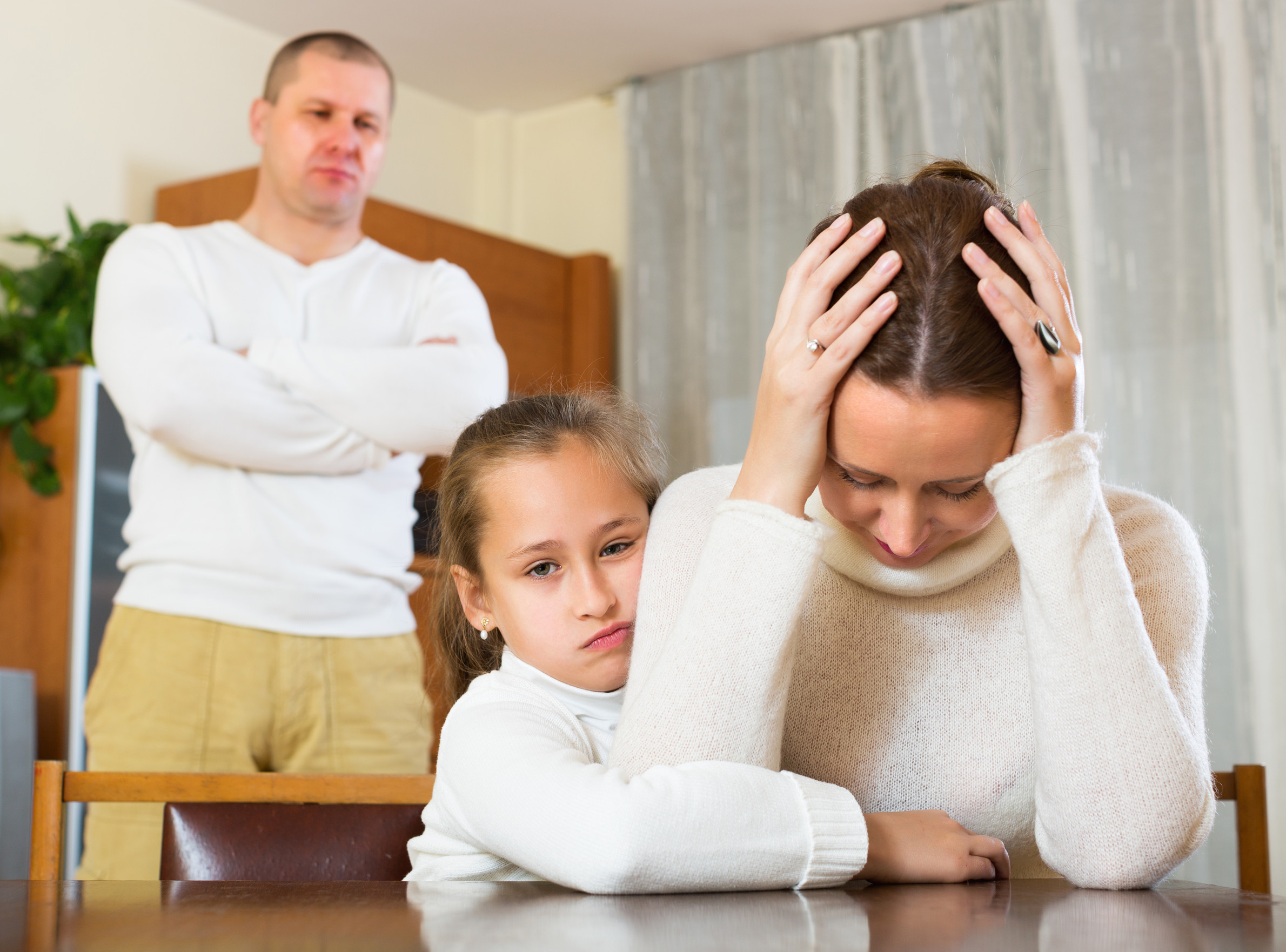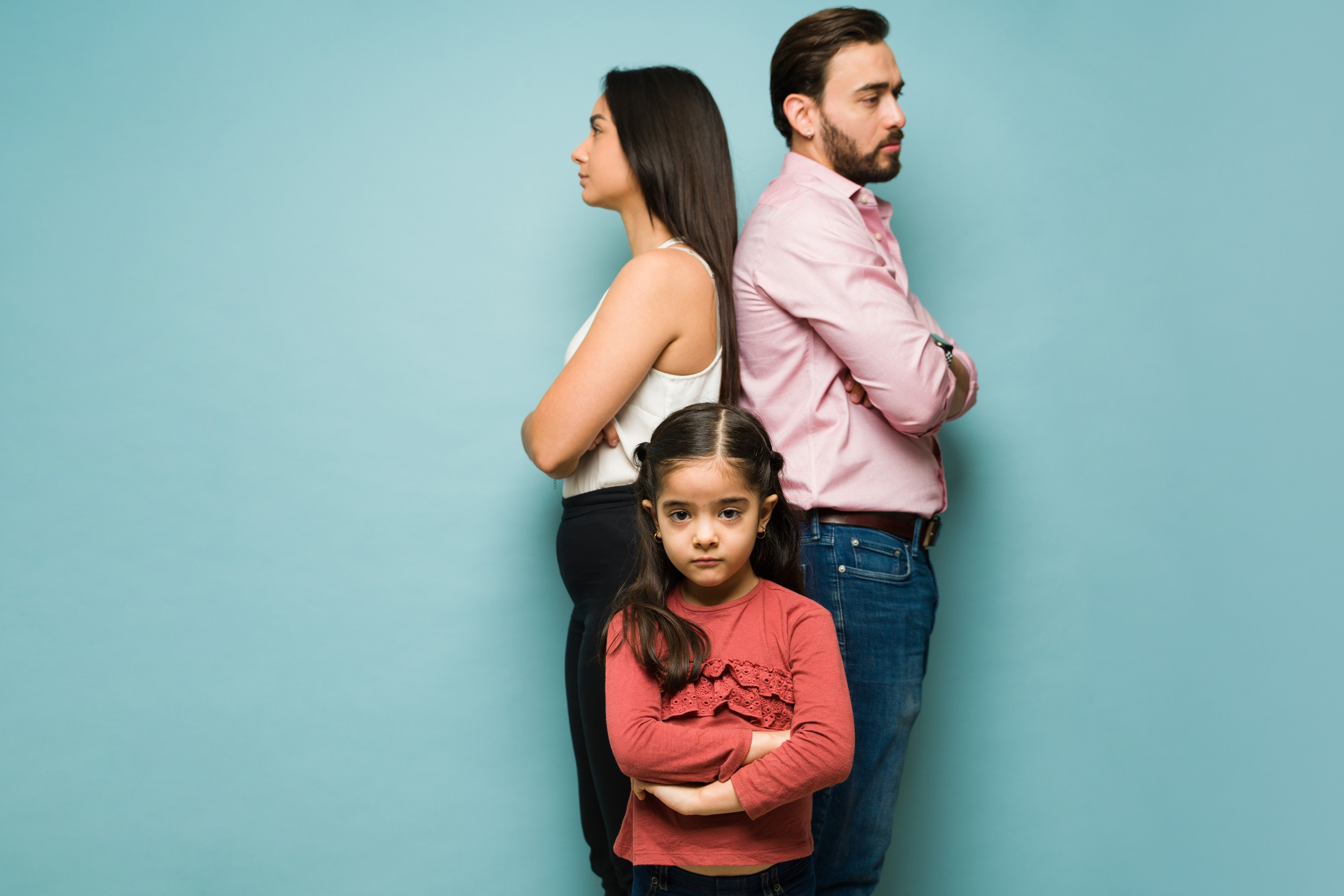
Parenthood is often described as the most rewarding experience in life. Yet, some parents carry a silent burden—one of deep love for their children but lingering regret over having them. These feelings don’t stem from a lack of love, but rather from the unexpected realities of parenting. Society rarely gives space for these conversations, leaving many parents feeling isolated. In this article, we explore the voices of regretful parents, the challenges they face, and the emotional weight of their unspoken truth.
1. The Hidden Struggles of Regretful Parents
Regretful parents often face immense guilt, fearing judgment from others who assume parenthood should be fulfilling. Many struggles with the loss of personal freedom, career aspirations, or financial stability. They love their children deeply but wrestle with the reality that parenthood is not what they expected. Some find themselves overwhelmed by the constant demands of caregiving, feeling emotionally drained. Others realize they were never truly ready for the lifelong commitment that parenting requires.
2. Love and Regret Can Coexist
Many regretful parents emphasize that their love for their children is unwavering. However, love does not erase the sacrifices, struggles, or unforeseen challenges that come with parenting. Some parents mourn the life they could have had, filled with travel, career growth, or personal ambitions. They recognize that regret is not about their children, but rather about their personal losses. Acknowledging regret does not make them bad parents—it makes them human.
3. The Pressure to Stay Silent

Society often portrays regretful parents as ungrateful or selfish, making open discussions difficult. Parents who admit to regret risk harsh criticism, even from close friends and family. Many suppress their emotions, leading to stress, anxiety, and even depression. Some find online communities where they can share their experiences anonymously, offering relief from the isolation. By staying silent, however, parents may feel trapped in their own emotions, unable to process their feelings fully.
4. The Role of Unmet Expectations
Cultural and personal expectations shape how people envision parenthood. Some individuals enter parenthood believing it will bring fulfillment, only to realize it’s far more exhausting than expected. Others were pressured by societal norms, family expectations, or partners who wanted children more than they did. When reality clashes with expectations, regret can surface, making parents question their choices. Understanding the role of expectations can help others make informed decisions about parenthood before taking the leap.
5. Finding Ways to Cope and Heal
For regretful parents, healing starts with self-compassion and acknowledging their emotions without shame. Seeking therapy or joining support groups can provide a safe space to process their feelings. Setting boundaries and prioritizing self-care can help parents regain a sense of identity outside of their parental role. Some parents find purpose in mentoring, pursuing hobbies, or even reshaping their relationship with parenthood on their own terms. Healing doesn’t mean erasing regret—it means learning to live with it in a healthy way.
What This Conversation Means for the Future
The discussion around parental regret is complex but necessary. Creating a space for honest conversations allows future parents to make informed choices rather than bowing to societal pressure. It also helps current parents find solidarity, knowing they are not alone in their struggles. Rather than condemning regretful parents, society should focus on supporting them in their journey toward emotional well-being. By opening up these discussions, we can move toward a more understanding and compassionate perspective on parenthood.
Have you ever struggled with unexpected emotions in parenting? How do you navigate the complexities of love and regret? Share your thoughts in the comments below—we’d love to hear your perspective!
Read More:
These 7 Parenting Trends Seem Harmless—But They’re Actually Toxic
The 7 Worst Parenting Mistakes That No One Talks About (But Should)

Latrice is a dedicated professional with a rich background in social work, complemented by an Associate Degree in the field. Her journey has been uniquely shaped by the rewarding experience of being a stay-at-home mom to her two children, aged 13 and 5. This role has not only been a testament to her commitment to family but has also provided her with invaluable life lessons and insights.
As a mother, Latrice has embraced the opportunity to educate her children on essential life skills, with a special focus on financial literacy, the nuances of life, and the importance of inner peace.
